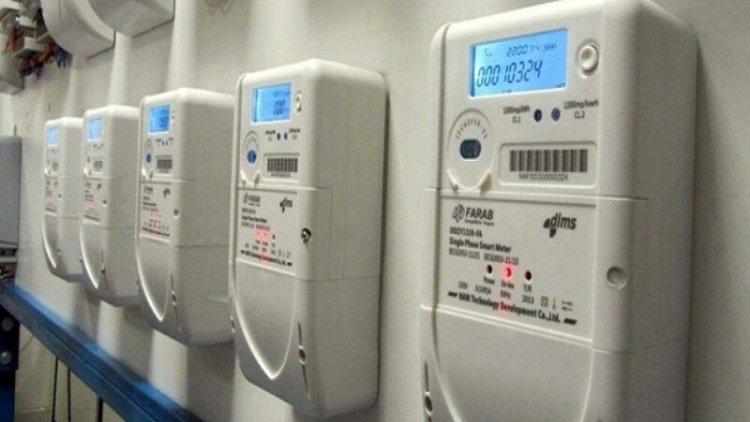Nigerians Disapprove of Electricity Tariff Reduction, Call for Complete Reversal

Nigerians have expressed dissatisfaction with the Nigerian Electricity Regulatory Commission’s decision to lower the tariff for Band A customers from N225/kWh to N206.8/kWh. On Monday, various groups including the Nigeria Labour Congress, Trade Union Congress, Nigerian Association of Chambers of Commerce, Industry, Mines and Agriculture, electricity consumers, and civil society organizations voiced their demand for a rollback to the subsidy-era tariff .
This reduction comes just 33 days after the NERC implemented a significant increase, raising the tariff for Band A customers from N68/kWh to N225/kWh, representing a substantial 240 percent rise. Notably, the subsidy on electricity was completely removed from the tariff of Band A consumers, who constitute approximately 15 percent of the total 12.82 million power consumers nationwide.
The Federal Government indicated that this tariff adjustment would result in savings of N1.5 trillion, effective from April 3, 2024, with Band A customers expected to receive up to 20 hours of power supply daily. However, opposition to the hike emerged from the House of Representatives, organized labor, and the Nigerian Bar Association, particularly concerning about 1.9 million consumers facing increased tariffs.
Despite pushback, Minister of Power Adebayo Adelabu defended the increase during a recent Senate Committee hearing, warning of a nationwide blackout within three months if the tariff rise was not upheld. Despite public resistance, Florence Eke, spokesperson for the Ministry of Power, affirmed that the new tariff would remain unchanged, dismissing calls for reversal.
However, the NERC’s subsequent announcement of an eight percent reduction for Band A customers, attributing it to changes in macroeconomic indices, notably the appreciation of the naira against the dollar, signaled a shift. Distribution companies like Ikeja Electricity Distribution Company, Ibadan DisCo, and others swiftly adjusted their tariffs in line with the NERC directive.
NERC’s General Manager of Public Affairs, Dr. Usman Arabi, clarified that the tariff cut was primarily influenced by the recent strengthening of the naira against the dollar in the foreign exchange market. He affirmed that such adjustments are intricately linked to macroeconomic factors like exchange rates, inflation, and gas prices.
Responding to the reduction, stakeholders including the National Deputy President of the TUC, Tommy Etim, and National Treasurer of the NLC, Hakeem Ambali, reiterated their demand for a complete reversal, deeming the reduction insufficient. Similarly, the President of NACCIMA, Dele Oye, emphasized the necessity for stakeholder engagement to address the tariff issue effectively.
Meanwhile, consumer advocacy groups like the Electricity Consumer Protection Advocacy Centre insisted on a full rollback, criticizing the initial decision as one favoring DisCos without adequate consideration for consumers. They urged the government to prioritize comprehensive reforms in the power sector to ensure affordability and equitable access to electricity.
In a related development, the suspension of a nationwide protest by the National Association of Nigerian Students following engagement with the government underscores a willingness to pursue dialogue while maintaining pressure for accountability and improved governance in the energy sector.




